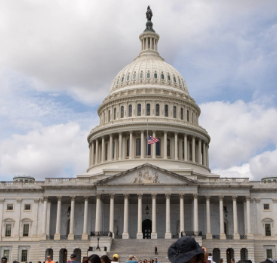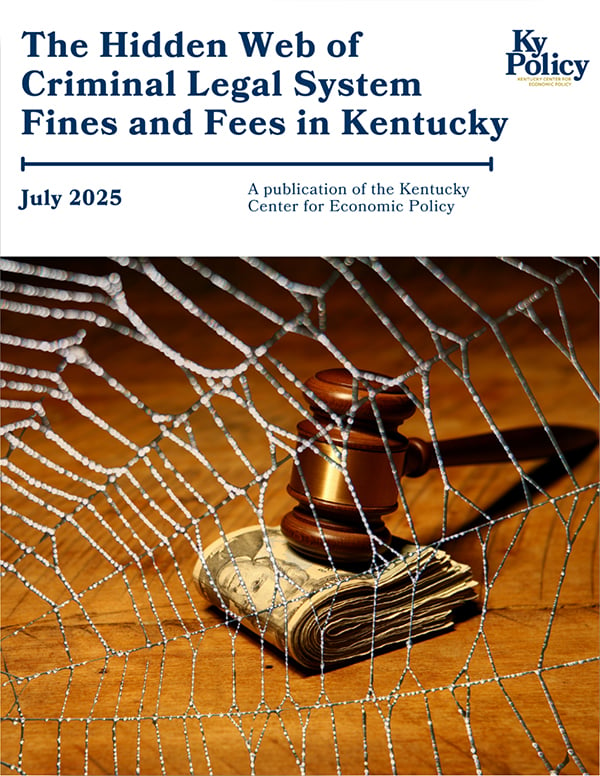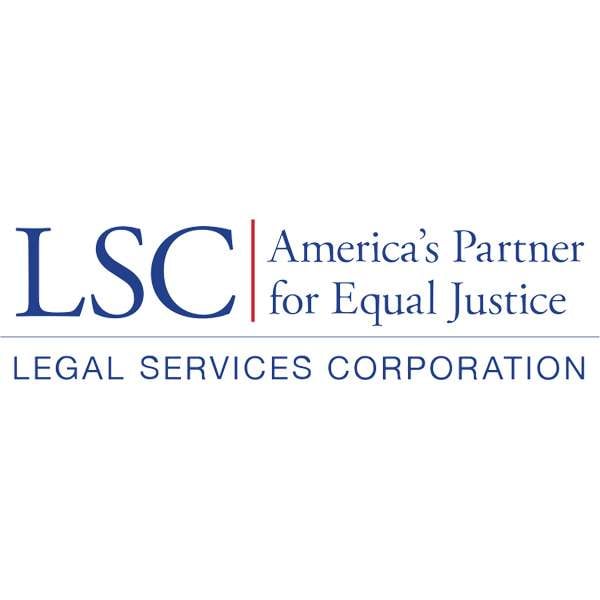By Berry Craig
NKyTribune columnist
George D. Prentice, sharp-penned Civil War editor of the Louisville Journal, was not an Abraham Lincoln fan.
Even so, he was all in for the president’s “day of Thanksgiving and Praise to our beneficent Father who dwelleth in the Heavens,” Nov. 26, 1863.
“The spectacle of a whole nation at one instant of time pouring forth its united thankfulness to the Creator of all good is one at which even the angels rejoice,” declared an unsigned Thanksgiving day editorial that Prentice almost certainly wrote.
The editor’s white stone statue outside the Louisville Free Public Library downtown is a local landmark. Like most Kentuckians, Prentice was a conservative unionist who opposed secession but did not share Lincoln’s anti-slavery views.

Nonetheless, he praised the president’s Thanksgiving proclamation, which Secretary of State William H. Seward evidently wrote for Lincoln.
The Thanksgiving tradition dates to 1621, when Pilgrims and Native Americans feasted in Plymouth, Mass. After 1863, Thanksgiving grew into an annual national holiday.
Prentice and other pro-Union Kentuckians were thankful that their side was finally winning the war in November, 1863. But the death toll was still rising on both sides.
“…There are widowed hearts all over the land; there are orphans’ tears; there are sighs of sisters bereft; and groans of childless parents; the sombre dresses which indicate sad hearts, meet us everywhere,” the editorial reminded Journal readers.
George and Harriett Prentice were grieving parents. The war claimed their oldest son at age 25. In September, 1862, Courtland Prentice was mortally wounded in the battle of Augusta, Ky.—fighting for the Confederacy.
The war sharply split the Prentices and many other Kentucky families. George made the Journal the state’s most important Union paper. Harriett was a Southern sympathizer, which must have made for some interesting pillow talk.
Clarence, Courtland’s kid brother, also joined his father’s foes. The Yankees captured and released him, and he survived America’s most lethal conflict.
The Journal editorial regretted that the people “cannot, as in years agone, be thankful for the blessings of peace.” Prentice, or whoever penned it, blamed the war on “bad men” -– meaning Southern secessionists and Northern abolitionists — who “to attain their own selfish ends, have ‘let slip the dogs of war.’” Consequently, “brother stands arrayed against brother, and the son thirsts for the father’s blood.”
Though they were Rebel officers, the Prentice siblings evidently were not estranged from their father. The Journal published Courtland’s obituary; Prentice wrote a poem mourning the loss of his son.
While “the hand of Heaven’s chastisement is heavy upon us,” God’s “judgment is still tempered with mercy,” according to the Journal. “Though the red blood of our purest and best tinges the glad streams and colors the fallen November leaves that lie along their borders; though the rattle of musketry, the whizzing of shell, and the roar of cannon, have taken the place of the babbling brooks, the rustling leaves, and the sighing winds; though man, in defiant pride, seems eager to destroy God’s own work, yet still ‘the one sure wind blows on above.’”
If Prentice authored the editorial, he might have been thinking of his slain son in composing its conclusion: “On this our day of Thanksgiving shall [families grieving lost loved ones] …be forgotten? Not so! But with renewed and redoubled tenderness we will bear them on our hearts before Jehovah’s throne, and petition His mercy to alleviate their sorrows.”
In another editorial, the Journal blessed a Thanksgiving day drive in which local churches were collecting money “for the benefit of the sick and wounded soldiers, or the families of such.”
The Falls City was a unionist bastion; many more local men donned Yankee blue than Rebel gray. Louisville was an important supply base and home to Union army hospitals.
The editorial suggested that funds be forwarded to the U.S. Sanitary Commission, a private relief organization Congress created to help ill and injured Union troops.
“Few who celebrate Thanksgiving Day at home but will be glad and thankful for the opportunity to give something on this day,” the Journal predicted.
Berry Craig of Mayfield is a professor emeritus of history from West Kentucky Community and Technical College in Paducah and the author of six books on Kentucky history, including True Tales of Old-Time Kentucky Politics: Bombast, Bourbon and Burgoo, Kentucky Confederates: Secession, Civil War, and the Jackson Purchase, and, with Dieter Ullrich, Unconditional Unionist: The Hazardous Life of Lucian Anderson, Kentucky Congressman. Reach him at bcraig8960@gmail.com


















